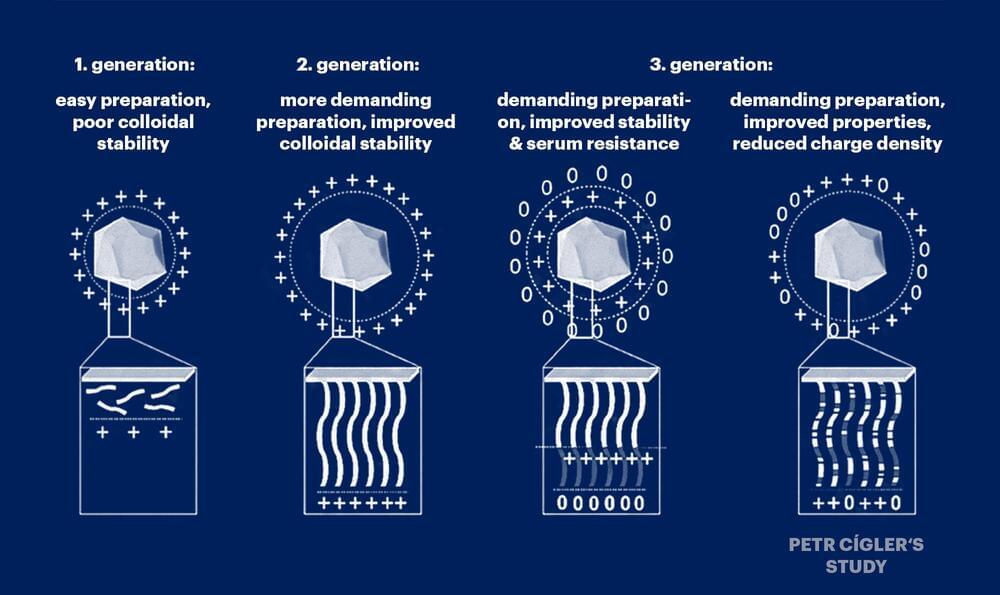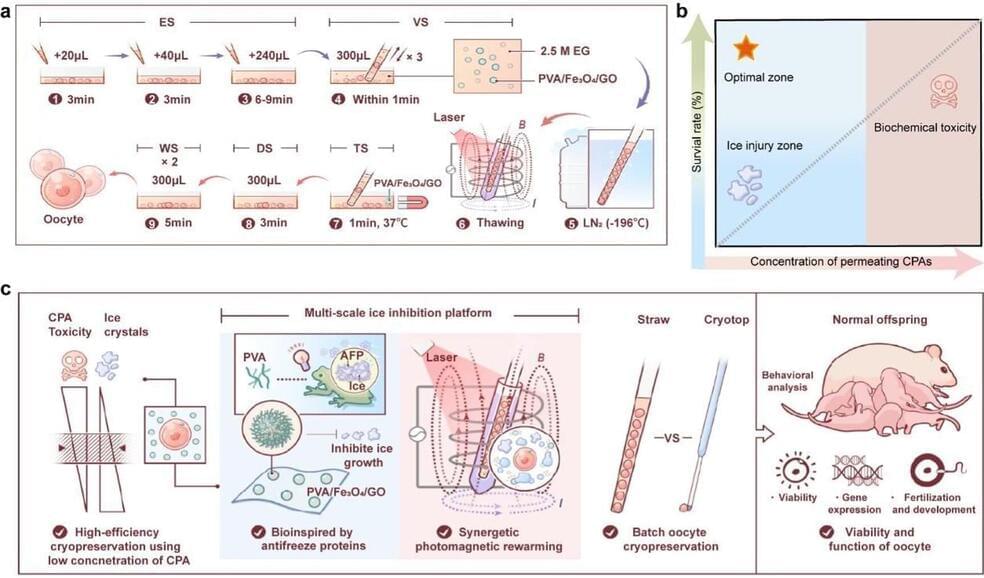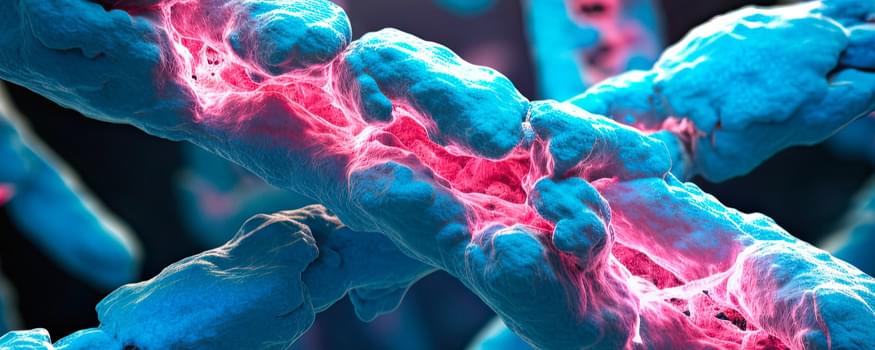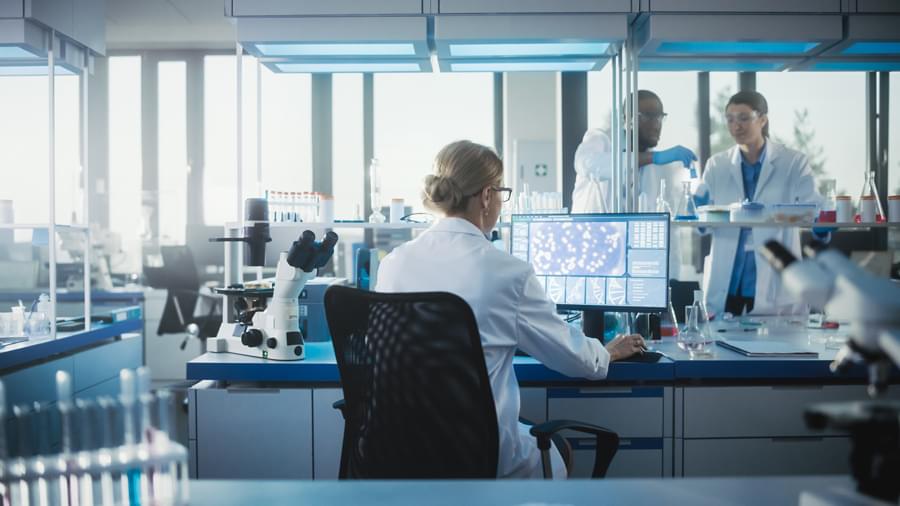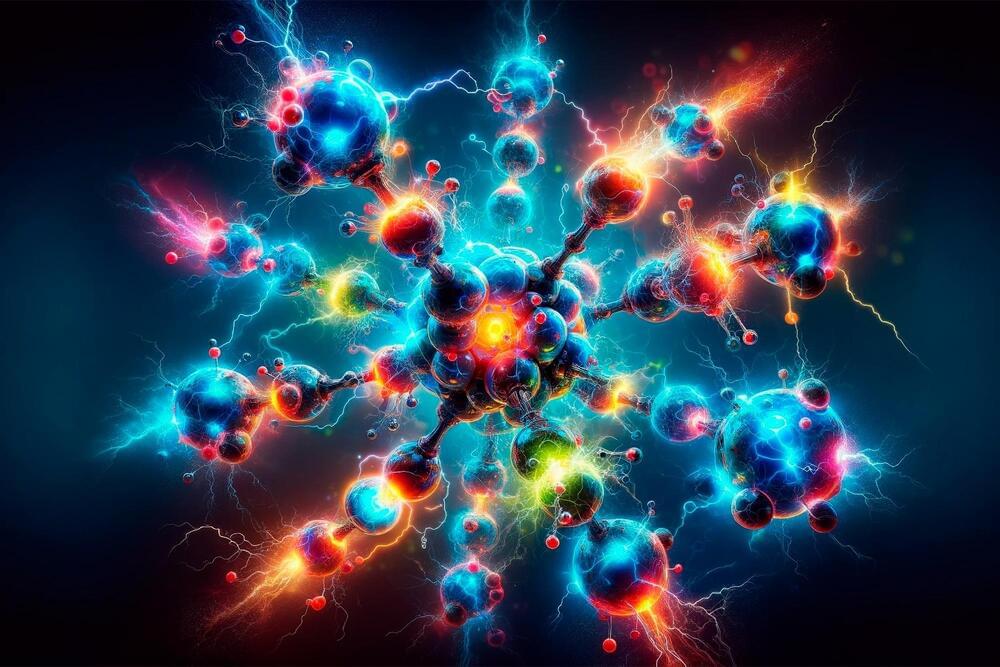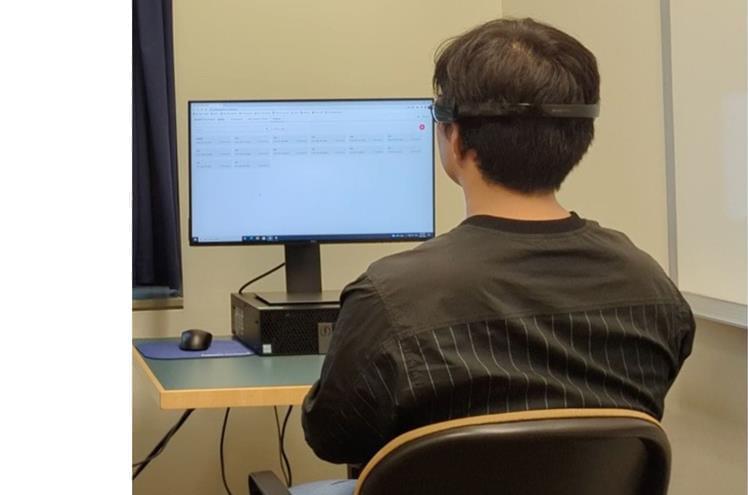
As people age, their brains do, too. But if a brain ages prematurely, there is potential for age-related diseases such as mild cognitive impairment, dementia, or Parkinson’s disease. If “brain age” could be easily calculated, then premature brain aging could be addressed before serious health problems occur.
Researchers from Drexel University’s Creativity Research Lab have developed an artificial intelligence technique that can effectively estimate an individual’s brain age based on electroencephalogram (EEG) brain scans. The technology could help to make early, regular screening for degenerative brain diseases more accessible. The work is published in the journal Frontiers in Neuroergonomics.
Led by John Kounios, Ph.D., professor in Drexel’s College of Arts and Sciences and Creativity Research Lab director, the research team used a type of artificial intelligence called machine learning to estimate an individual’s brain age similar to the way one might guess another person’s age based on their physical appearance.
